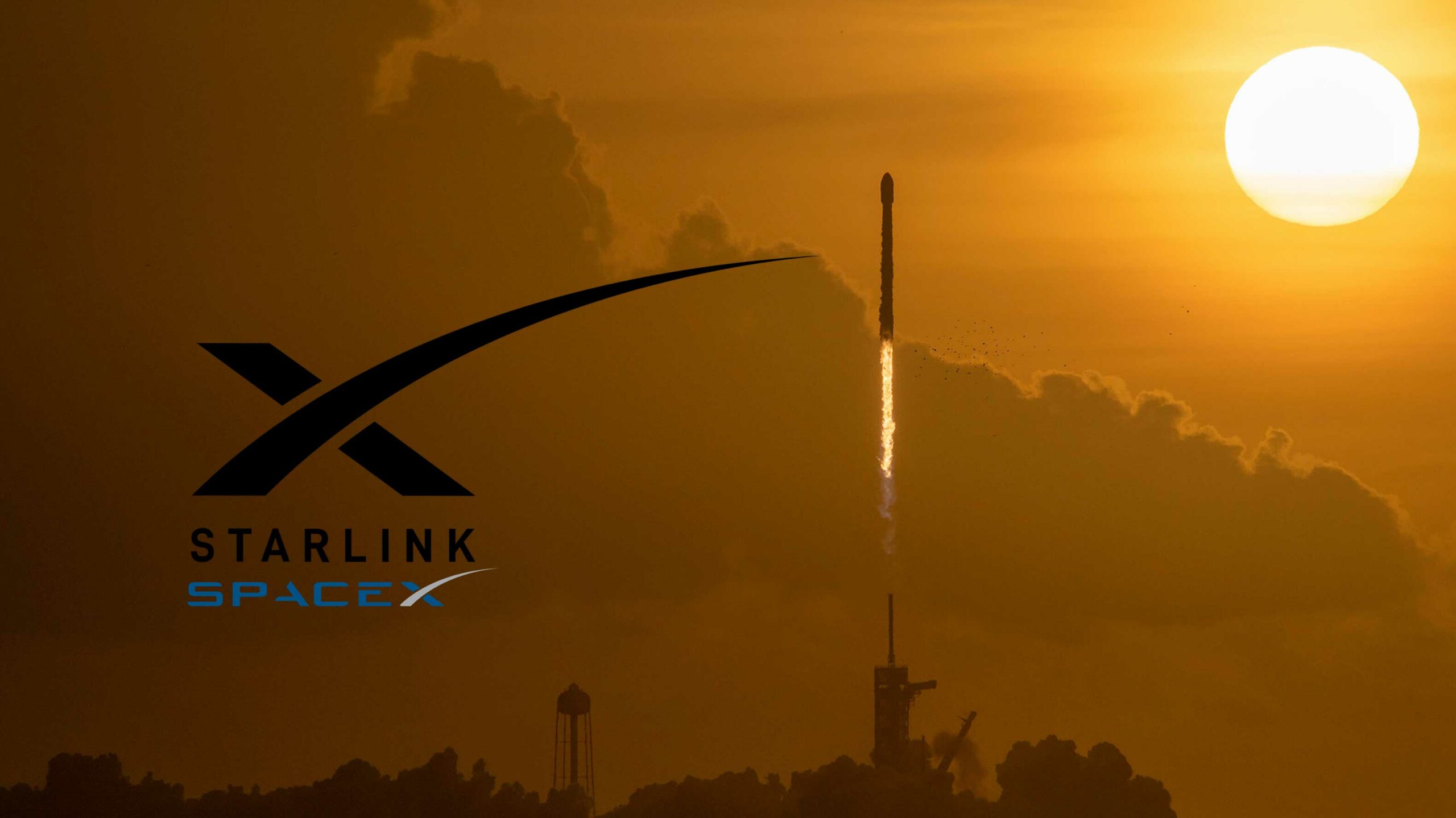
SpaceX’s latest petition to the FCC in the United States outlines that it’s planning to offer a Starlink phone service.
The petition details SpaceX’s request to receive status as an Eligible Telecommunications Carrier, as reported by Ars Technica.
Although Starlink’s current beta only includes broadband, the company plans to offer VoIP service that includes “(a) voice-grade access to the public switched telephone network (‘PSTN’) or its functional equivalent; (b) minutes of use for local service provided at no additional charge to end users; (c) access to emergency services; and (d) toll limitation services to qualifying low-income consumers.”
Further, voice service will be offered “on a standalone basis at rates that are reasonably comparable to urban rates.”
The filing outlines that “in this baseline plan, Starlink Services would provide telephone services connecting consumers to its MSP’s platform using its network capacity, which is available to consumers through their customer premises equipment.”
“Consumers will have the option of using a third-party, conventional phone connected to a Session Initiation Protocol standards-compliant analog terminal adaptor or a native-IP phone selected from a list of certified models.”
The filing states that Starlink is also assessing alternative standalone voice applications into the Starlink network, including other third-party providers or developing its own proprietary solution.
Additionally, Starlink plans to sell a 24-hour battery backup to customers that would provide the ability for users to make calls in the event of a power outage.
It’s worth noting that it’s unknown if SpaceX plans to offer a phone service in Canada, but we’ll likely learn more about the service in the coming months.
SpaceX has opened up its Starlink beta program to more Canadians, as the website now lets you sign up immediately if your location is eligible. Starlink internet costs $129 per month in Canada and the equipment costs $649. Some Canadians who are already part of the beta have reported welcome improvements in connectivity.
Source: Ars Technica
MobileSyrup may earn a commission from purchases made via our links, which helps fund the journalism we provide free on our website. These links do not influence our editorial content. Support us here.


